Commissioner Scott Gottlieb of the U.S. Food and Drug Administration (FDA) thinks it’s “high time to start looking at rules around [cannabis].” Given that twenty-nine states and Washington, D.C. have already legalized medical marijuana, Gottlieb’s concern is a little late, but it signals change is afoot.
From a branding and advertising perspective, what might this mean? For now, that depends on a company’s labeling and advertising. The FDA has extensive power to regulate food and drugs, and it determines whether something is a food or drug by looking to product labels and advertisements. If a label or advertisement makes health claims signaling to the FDA that the substance is a drug, the FDA will view it with great scrutiny.
For some guidance, consider the FDA warning letters sent in 2015 and 2016 admonishing companies about cannabidiol (CBD) claims. It publicly warned everyone that the “claims on your websites establish that these products are drugs under [the Federal Food, Drug, and Cosmetic Act] because they are intended for use in the cure, mitigation, treatment, or prevention of disease.” The FDA took issue with a wide variety of health claims, including:
- “If you are experiencing chronic pain . . . discover relief today.”
- “Research noted by the National Cancer Institute suggest that CBD may be a helpful and relatively safe supplemental treatment for cancer.”
- “Alleviates anxiety”
- “Strong analgesic properties”
- “CBD has been proven to be effective against inflammation, anxiety and chronic pain.”
And the FDA didn’t stop at reviewing companies’ websites. It also examined their social media pages, including evidence that the companies had “liked” comments from customers that made health claims. Many companies believe they can avoid FDA scrutiny by sharing customer testimonials on their websites or social media pages. But the FDA views customer testimonials posted on company websites or “liked” by company social media pages as equivalent to the company posting these statements itself.
Are tetrahydrocannabinol (THC) claims next? So far, the FDA has avoided regulating products infused with THC, but this position could shift. For Gottlieb, “it’s a much broader question about where our responsibility is to step into this [with] people who are developing products [and] making claims that marijuana has antitumor effects in the setting of cancer.”
We will keep you apprised as this issue unfolds. Feel free to contact us in the meantime with questions about your product labeling and advertising.
